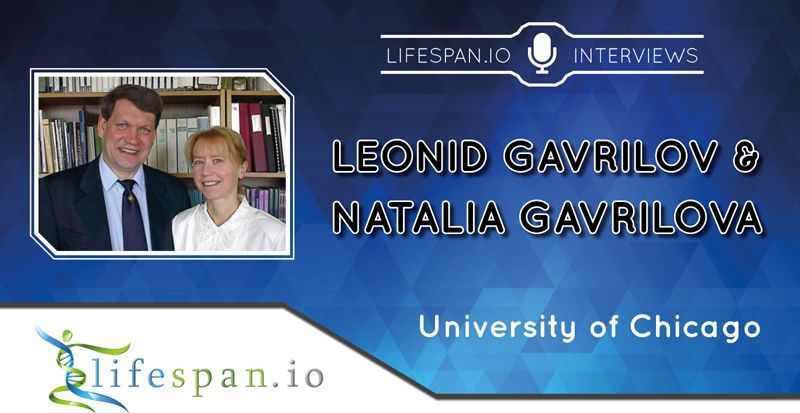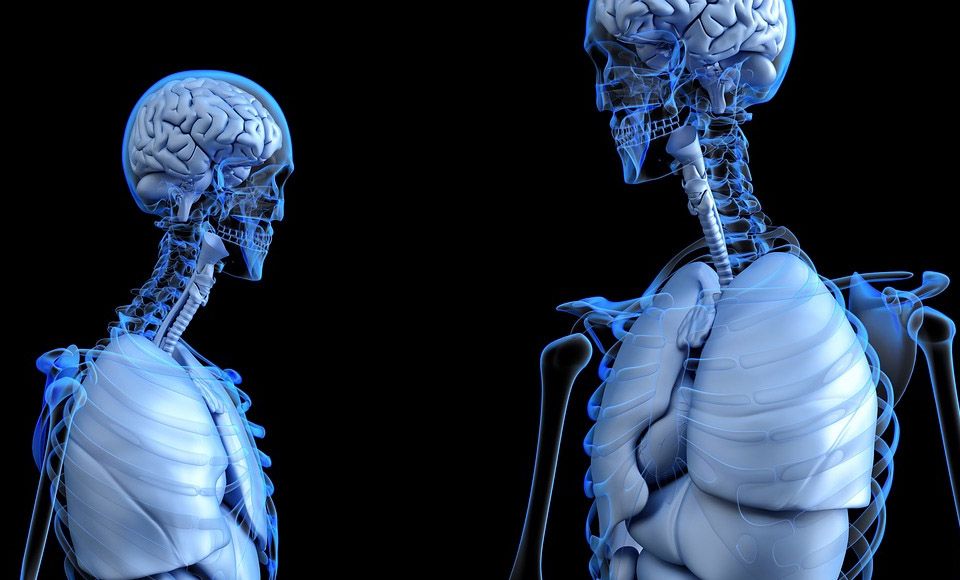Researchers from the Kapahi Lab at the Buck Institute for Research on Aging have shown in a new study that increased intestinal permeability is caused by the age-related loss of epithelial cells that form the gut membrane [1].
As we age, the integrity of the gut membrane declines, and it becomes more permeable; this is known as “leaky gut” and is thought to contribute to the background of low-grade chronic inflammation known as inflammaging [2]. One emerging theory is that loss of gut membrane integrity is the origin of inflammaging, the place where age-related chronic inflammation begins. Inflammaging precedes many age-related diseases, including atherosclerosis, arthritis, hypertension, and cancer [3–5].
The new study suggests that caloric restriction, or caloric restriction mimetics, may help to prevent the increase of gut permeability in humans and has the potential to increase healthspan, which is the period of life we spend free from illness.







